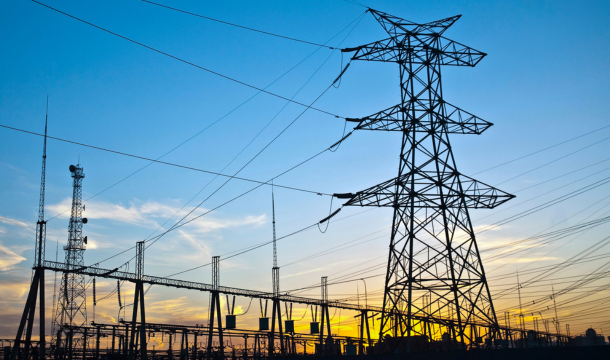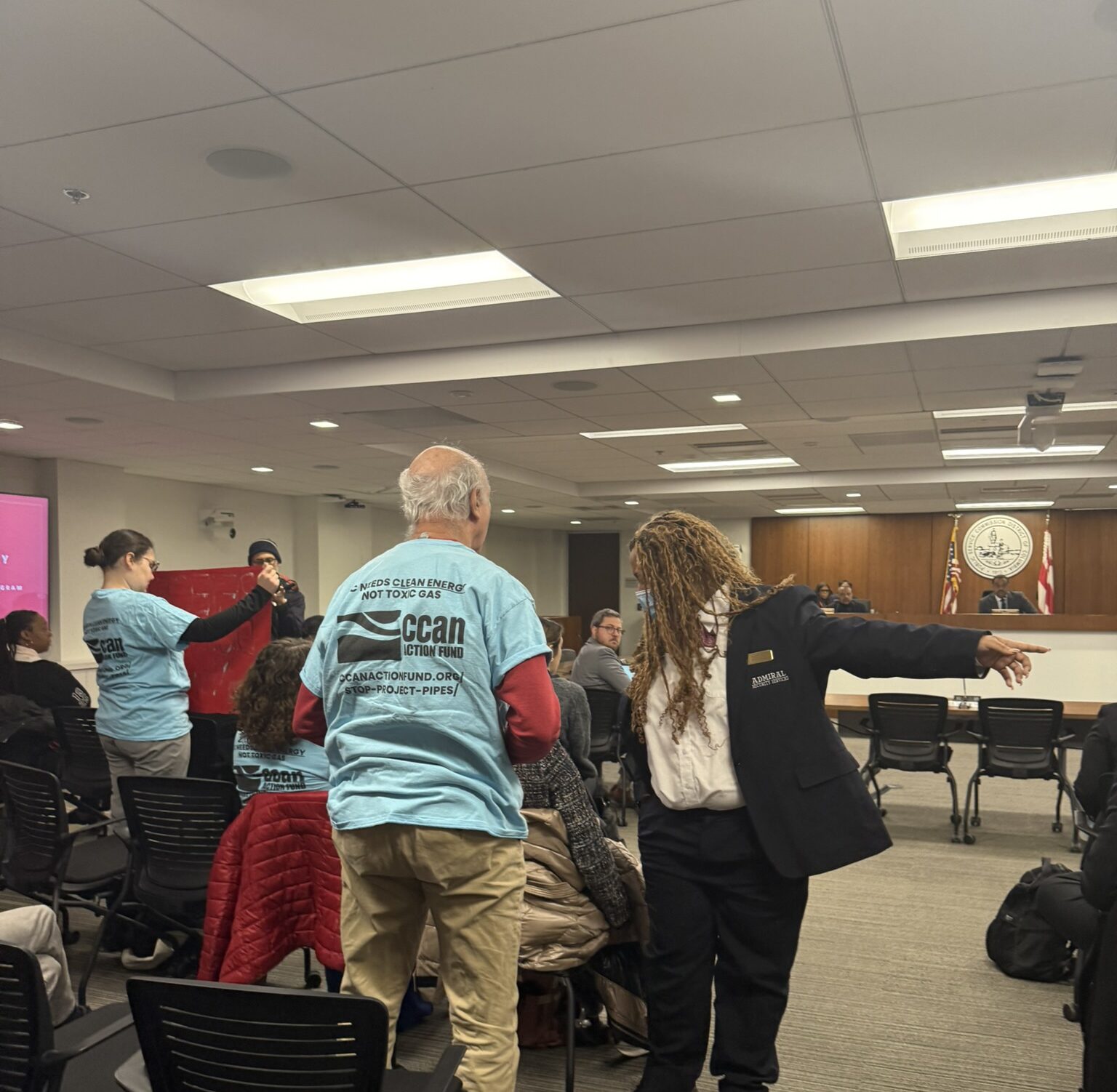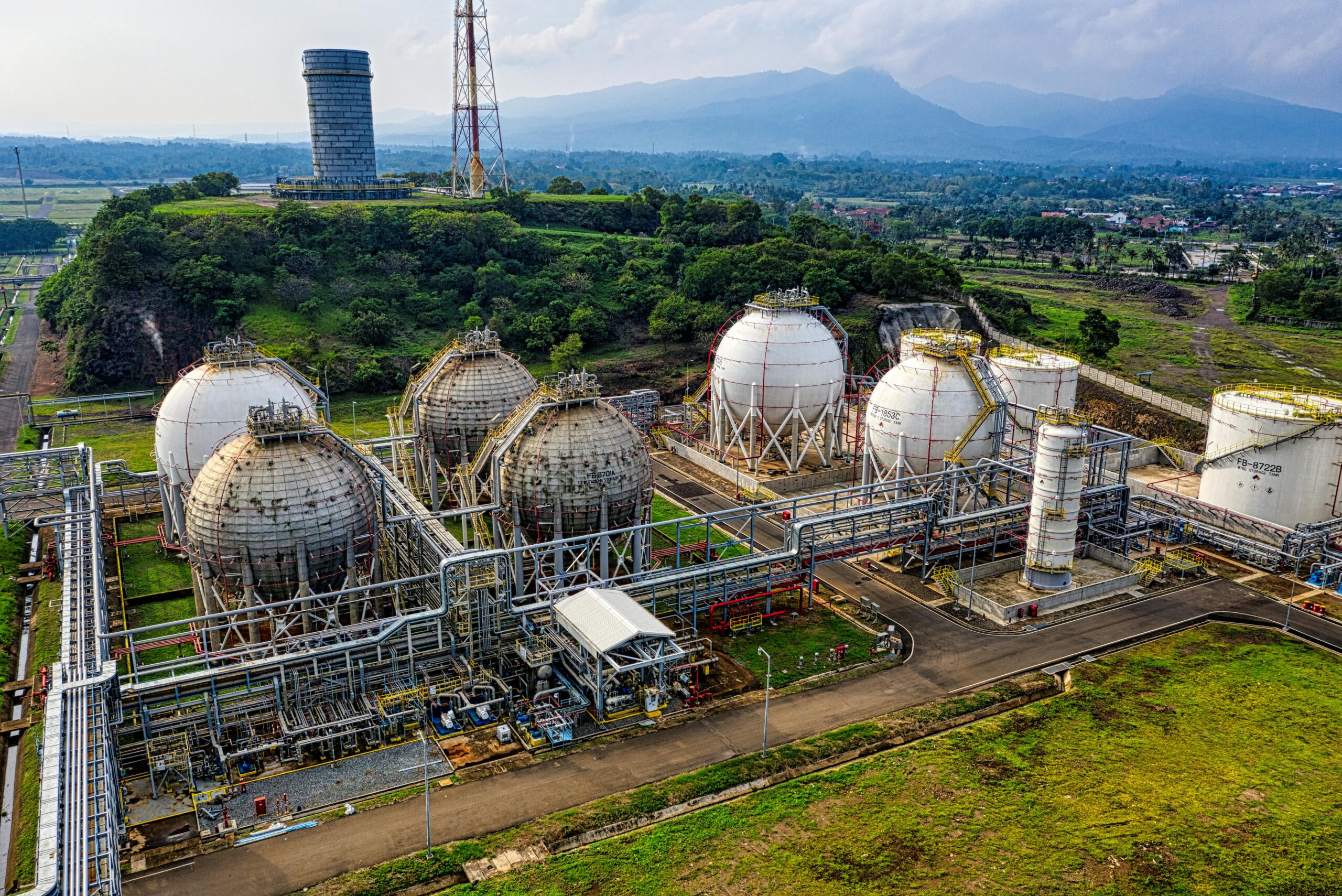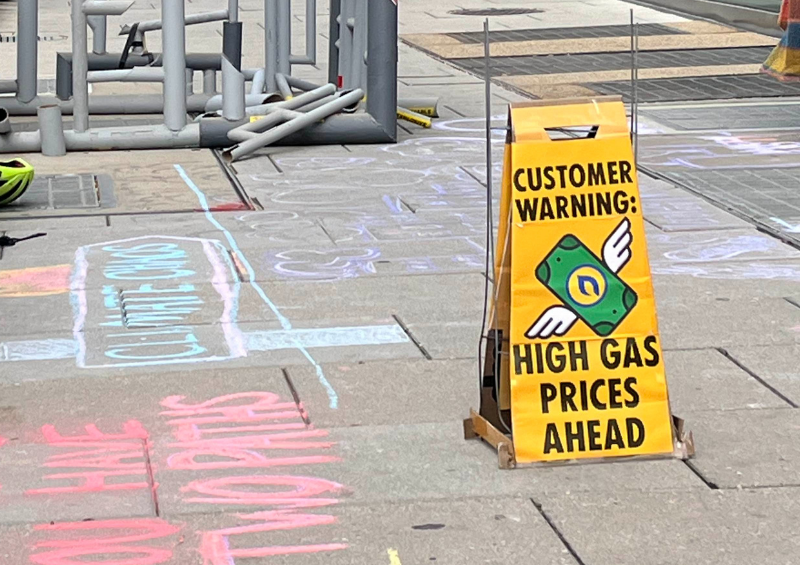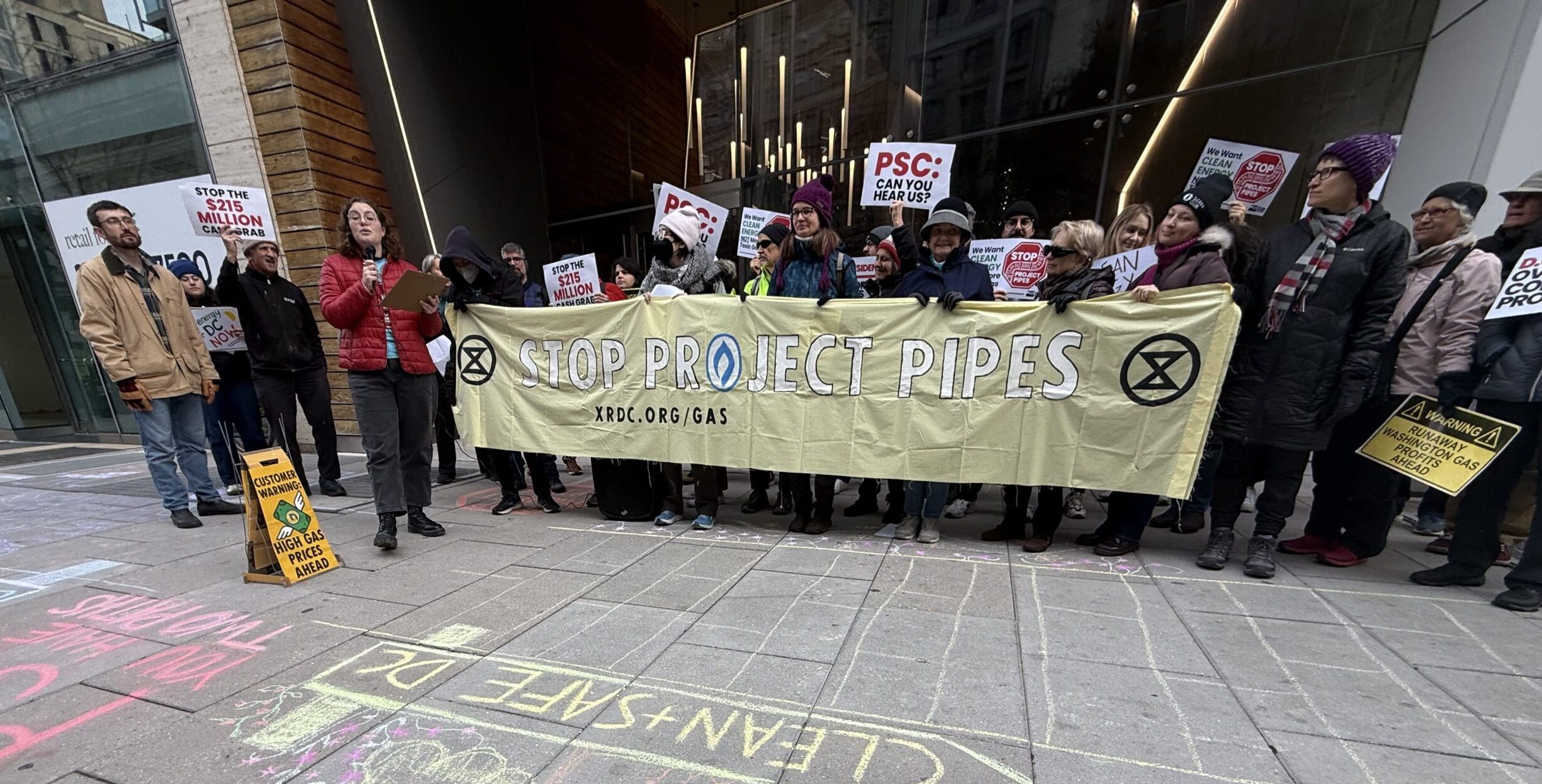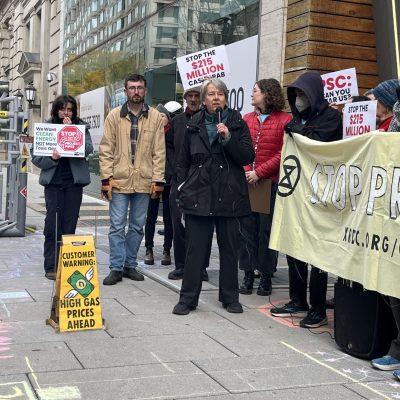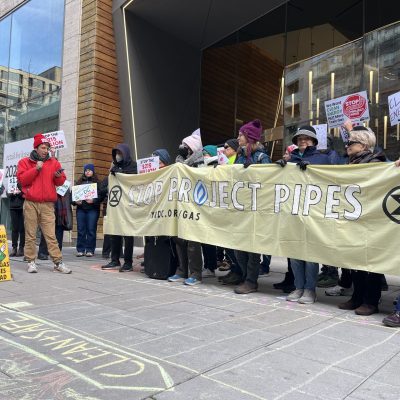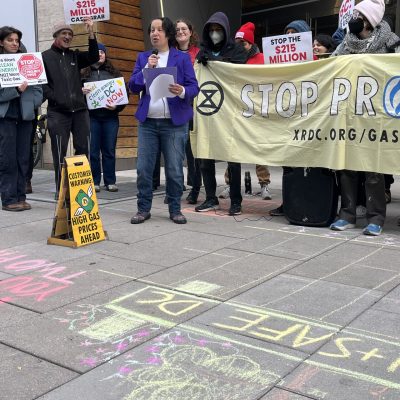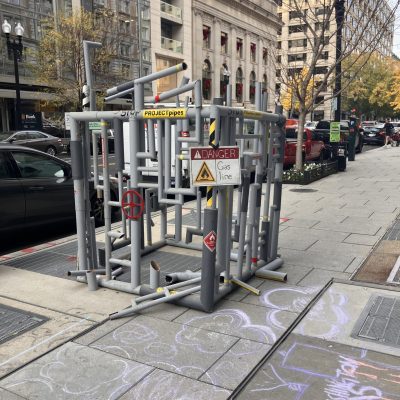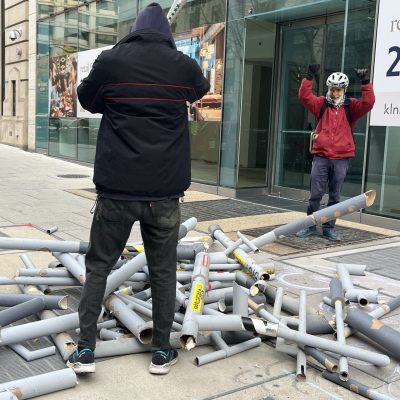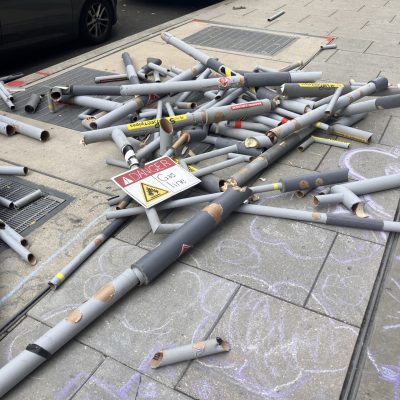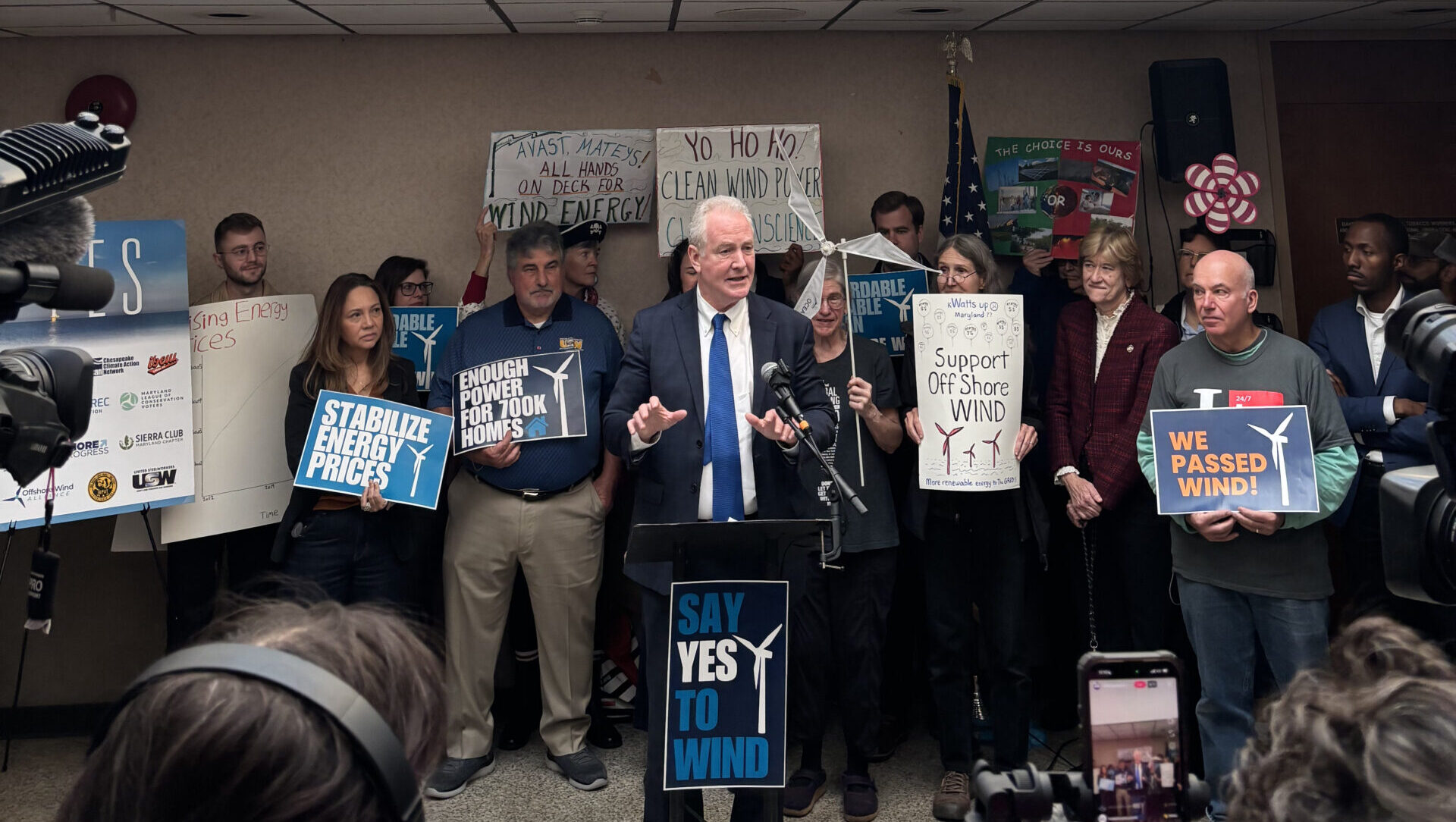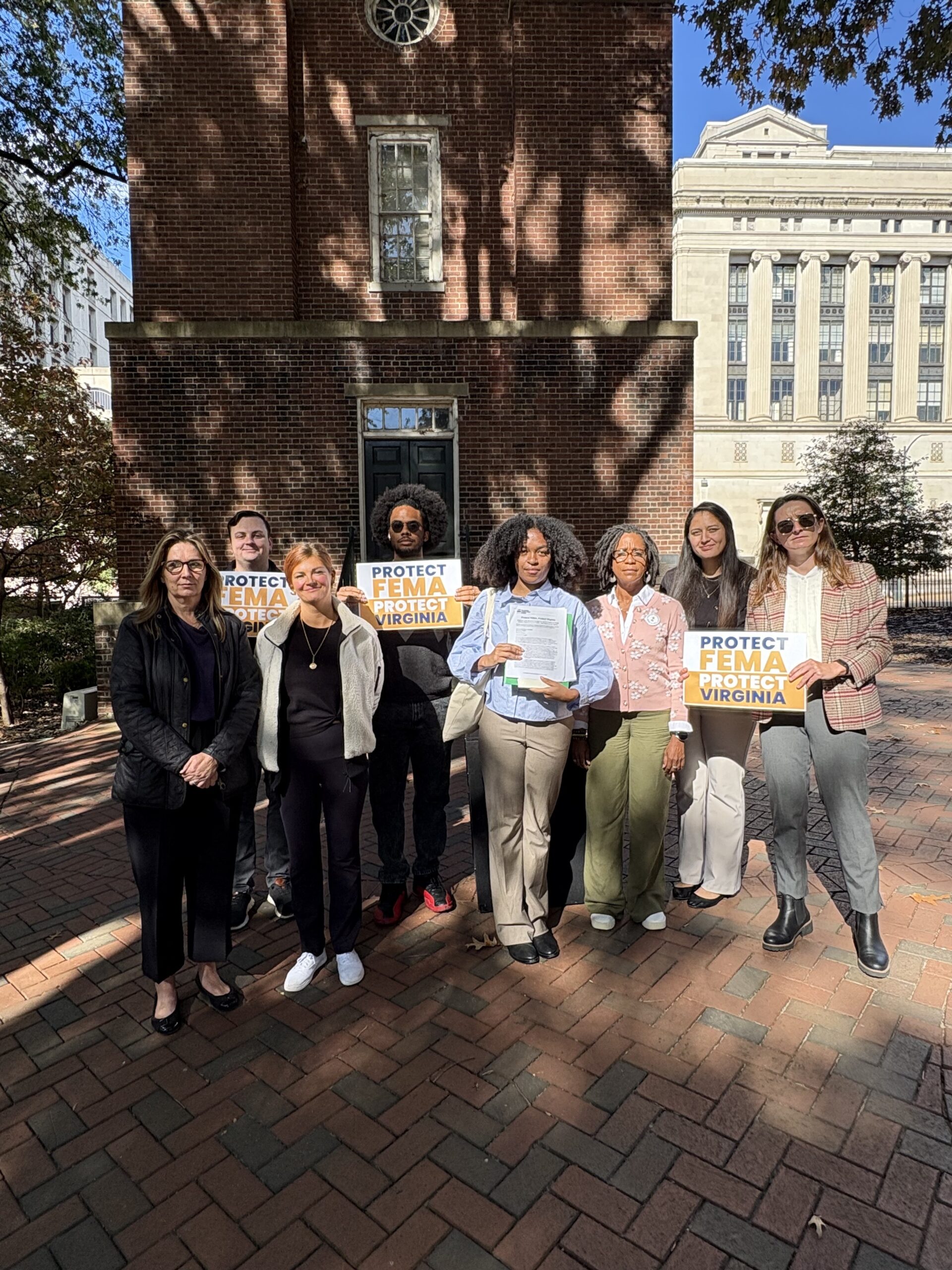Postponed FEMA Review Council meeting and leaked report foreshadow drastic cuts in aid to communities as extreme weather events grow more frequent and severe.
WASHINGTON, D.C. — A leaked draft report from the FEMA Review Council, obtained by CNN last week, recommends massive cuts to the Federal Emergency Management Agency (FEMA) workforce and services, sparking national outrage from state and local emergency response managers, elected officials, and advocates. The Council was expected to vote on these recommendations at a public meeting last Wednesday, but the meeting was abruptly cancelled and postponed by the White House.
Since President Trump took office in January 2025, his administration has worked aggressively to dismantle FEMA and undermine federal disaster response. The average wait time for FEMA aid has quadrupled, and the agency has increasingly rejected state disaster requests – which have largely fallen on party lines – leaving local communities to languish. Additionally, the Administration has cancelled funding for resilience programs, like the popular Building Resilient Infrastructure and Communities program, plus new requirements that states update population counts to exclude people “removed from the State pursuant to the immigration laws of the United States,” have prompted several lawsuits. From Maryland to Washington, states are being forced to fill the void left by the federal government’s retreat from its disaster response duties. This report constitutes a significant affront to communities that have been abandoned in the grueling recovery process.
Gabrielle Walton, the Federal Campaigns Coordinator at the Chesapeake Climate Action Network, issued the following statement:
“The FEMA Review Council’s draft report and subsequent abrupt cancellation of its public hearing make it clear that the Administration has no interest in reforming FEMA to better serve survivors of extreme weather disasters. Instead, it seeks to put politics over communities whose suffering will only increase due to human-caused climate change.
Time and time again, communities and emergency managers have warned that the federal government’s role in disaster response is irreplaceable. Forcing states to be solely responsible for disaster response and preparedness will only further fracture our already-weakened response and recovery process. Furthermore, privatizing the National Flood Insurance Program to incentivize industry profits will only deepen harm for disaster survivors. With the FEMA Review Council’s report being delayed by over a month now, communities across the country face increasing uncertainty as to how the federal government may or may not show up in their times of greatest need.
In the age of the worsening climate crisis, which President Trump continues to deny to enrich his Big Oil allies, the nation’s disaster response framework cannot be neglected. America needs a fully-funded, fully-staffed, and strengthened FEMA. For this reason, we are outraged by the Administration’s lack of transparency regarding the FEMA Review Council’s report, and we believe that its recommendations to significantly reduce FEMA should be completely rejected.”
###
Chesapeake Climate Action Network is the first grassroots organization dedicated exclusively to raising awareness about the impacts and solutions associated with global warming in the Chesapeake Bay region. Founded in 2002, CCAN has been at the center of the fight for clean energy and wise climate policy in Maryland, Virginia, Washington, DC and beyond.


